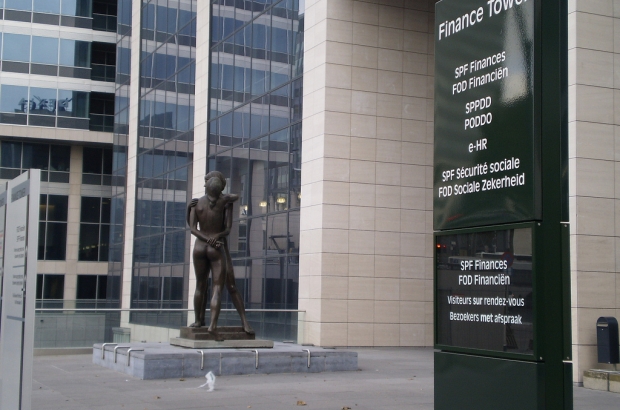- Daily & Weekly newsletters
- Buy & download The Bulletin
- Comment on our articles
Federal government reaches agreement on tax shift
The Belgian federal government has presented the details of its tax shift - a rearrangement of taxation aimed at allowing workers to take home more at the end of the month by shifting the burden of taxation elsewhere. Among the measures is a tax on soft drinks.
Between now and 2019, those on lower and middle incomes will pay less in deductions and take home between €91 and €140 a month more than at present, with the lower-paid gaining more. That means a minimum of €100 extra a month for everyone earning less than the average wage of €2,800 a month gross. About 2.2 million people will be affected.
For those on higher salaries, the 30% tax rate is scrapped, while the threshold for the 45% tax band is raised.
To balance the reduction in income tax, some “non-essential” products will cost more, including alcohol, cigarettes and rolling tobacco. New to the list are soft drinks, where a tax of three cents a litre is added. The price of diesel is also going up, while petrol is expected to cost four cents a litre less by 2018.
Other measures contained in the package include a cut in social charges for self-employed people operating as sole trader; 33% speculation tax on the sale of shares within six months of purchase; an increase in income benefits and minimum pension; a reduction in the employer’s contribution to social charges from 33% to 25%; and €747 million in reduced charges for the non-profit sector by 2020.
Prime minister Charles Michel described it as “a historic package of measures to improve competitiveness and strengthen purchasing power”, which would “put the country right”.
The Federation of Belgian Enterprises said that there would be a reduction in Belgium’s competitive disadvantage compared to other countries, from 16% to 10%, with businesses paying €1 billion less for employment next year, rising to €2.5 billion in 2020. That could, said chair Pieter Timmermans, lead to the creation of 30,000 to 50,000 jobs.
“This is a major effort and comes with measures to control wages,” said Karel Van Eetvelt of Unizo, which represents the self-employed in Flanders. “That has to have an effect on employment. I share the enthusiasm.”
The tax on soft drinks encountered a less friendly welcome. The self-employed union SNI said it was “bad news for small businesses that mainly sell A-brand soft drinks, such as Coca-Cola. The consequence of this tax will not be that consumers opt for fewer soft drinks, but that they go instead for cheaper brands.”
For the producers, members of the industry federation FIEB, the measure “has little to do with health concerns”. The measure does not distinguish between regular and light drinks, ignoring the efforts manufacturers have made over the years to reduce the average calorie content by more than 15%, the organisation said. “One product category is being offered up for sacrifice to keep the budget in balance in the short term,” it said.
Photo: Wikimedia/Licensed under Creative Commons




















Comments
Another tax increase.
And where is the tax on the rich?